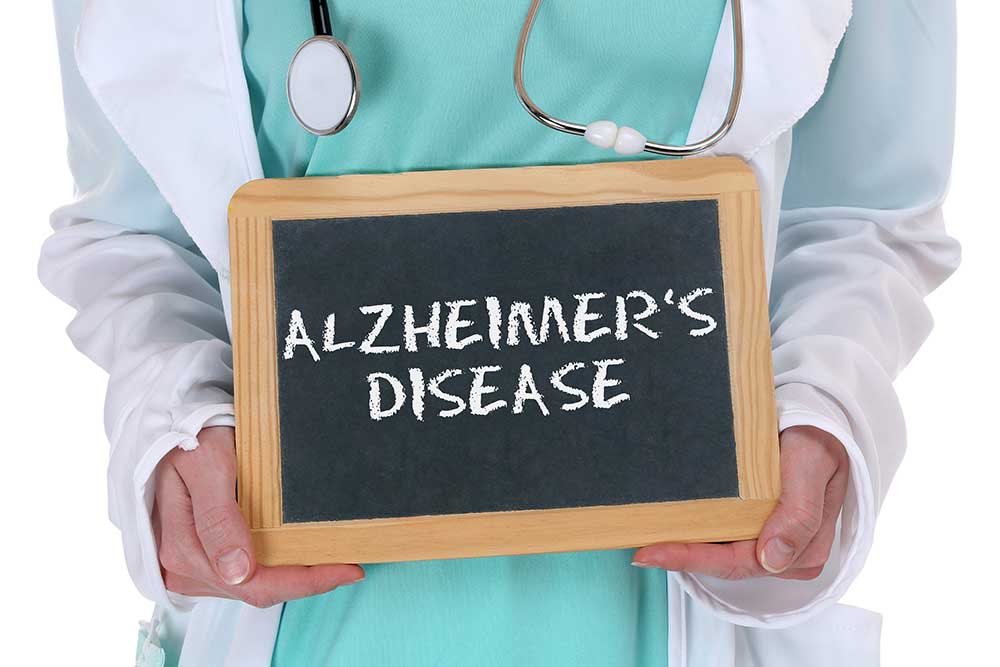The Connection Between Testosterone and Fibroids
Our knowledge of fibroids and what causes them has come along way since the days when our mothers and grandmothers suffered from pain and bleeding that couldn’t be well explained. Research and observation has led us to understand that hormones affect fibroid growth. Fibroids tend to get larger during pregnancy (when estrogen is high) and shrink after menopause (when estrogen is reduced).
Fibroids and Estrogen
Your body produces estrogen, a hormone that gives you your voluptuous curves, helps your body enjoy sex, regulates your period and also causes fibroids to grow. Because the fibroids in your uterus are under the same influence of other hormones in your body that make you have your period, the fibroids bleed in addition to the lining of your uterus, causing excess blood during your menstrual cycle.
A new study published by the Endocrine Society provides evidence that suggests that estrogen isn’t the only hormone that affects fibroid growth. When testosterone levels were evaluated in women with and without fibroids, women with fibroids were found to have higher levels of testosterone that those who did not have fibroids. So what’s the connection between testosterone and fibroids?
When you hear the word “testosterone,” you probably think of men. Yes, testosterone is the primary male sex hormone, but women have testosterone, too. Women have lower amounts of testosterone than men and when a woman has a higher than normal testosterone level, a number of problems can occur, including the development of fibroids.
Do I Have High Testosterone if I Have Fibroids?
Researchers aren’t sure exactly what this new knowledge means to patients with fibroids. Discovering a connection between testosterone and fibroids means that more research needs to be conducted so we can understand exactly how and why fibroids and testosterone are related. Just because you have fibroids doesn’t mean you have high testosterone, and vice versa.
This research is promising in terms of new treatment options for fibroids. The more we learn about what causes fibroids, the better we will be able to treat them and improve the quality of life for so many women in the world who suffer from pain and bleeding.
Content Sponsored by: MIRI Women – The Minimally Invasive Reproductive Surgery Institute (MIRI) brings together highly skilled, board-certified specialists who are focused on women’s health. Our team of professionals is trained in advanced gynecology, specifically hysterectomy surgery. Philosophically, our partner physicians take a “less is more” approach to health care, by first treating patients with the most conservative therapies. MIRI focuses on physical healing, while emphasizing that a patient’s emotional well-being is just as important.
Reference:
Circulating Sex Hormones and Risk of Uterine Fibroids: Study of Women’s Health Across the Nation (SWAN), dx.doi.org/10.1210/jc.2015-2935







